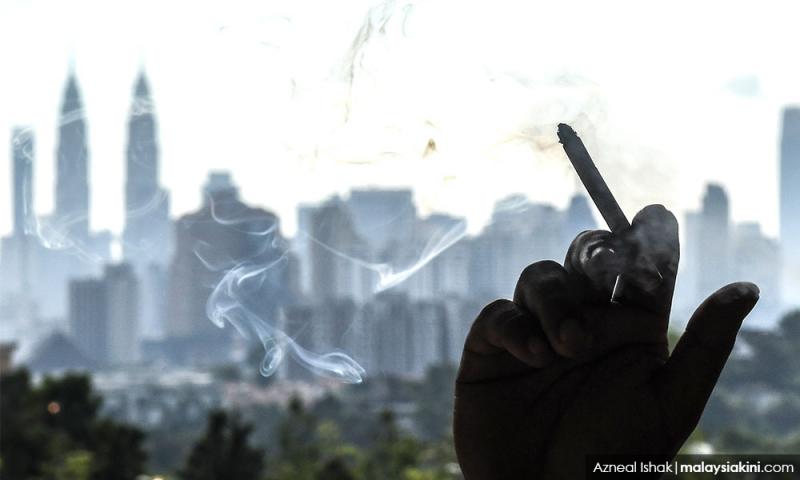LETTER | The government has no reason to reduce tobacco tax
LETTER | The Consumers’ Association of Penang (CAP) urges the government not to entertain any suggestion to reduce tobacco taxes.
The authorities must remember that Malaysia is a party to the World Health Organization Framework Convention on Tobacco Control (WHO FCTC), ratifying it in 2005. As such Malaysia should abide by WHO FCTC Article 6, which requires the countries to “implement the simplest and most efficient system that meets their public health and fiscal needs”.
Taxing tobacco is the most effective way to discourage smoking. Moreover, it does not make sense to reduce taxes because of an increase in purported smuggling activities. If there are smuggling activities taking place, the government should consider beefing up smuggling surveillance and increasing the penalties for the illegal activities instead of reducing tobacco tax to discourage smuggling.
Reducing tobacco taxes is similar to legalising more gambling outlets just to discourage people from patronising illegal ones, thereby deviating from the main objective of stopping people from gambling altogether.
In fact, reducing tobacco tax will cause more people to take up smoking and to smoke more. Tax reduction breeds the misconception that ‘legal’ conventional tobacco products (e.g. cigarettes, and cigars), heated tobacco products (HTP), and electronic nicotine delivery systems are less dangerous.
Since nicotine is as addictive as heroin and cocaine, all nicotine-containing products should be regulated as other drugs.
Nicotine is a Class C poison under the Malaysian Poisons Act 1952 which means that nicotine-containing products must only be dispensed by licensed personnel. The government should, therefore, tighten control on nicotine-based products such as by requiring all retail outlets to apply for a license.
It is easier for the government to control their sale in this way because anybody who sells such products without a valid license will be committing an offence. It will also help the government to get fiscal gain from licensing fees. Moreover, it is possible to control the distance of the retail outlet from places such as schools or hospitals.
The government should increase tobacco taxes and make use of the money for public health purposes. In 2012, the ‘sin tax’ collected from cigarettes and tobacco products was RM3.28 billion; in 2014, RM3.42 billion; and in 2017, RM3.94 billion. It is a significant amount that can be put to good use by improving the quality of our health care and access to it.
The World Bank recommends that the total tax burden should be 66 percent to 80 percent of the retail price, and more recently, the WHO has recommended that at least 70 percent of the retail price should consist of excise duty.
Hence, we recommend that the government stay true to the WHO FCTC guidelines and adopt long-term tax and price policies to meet its public health and fiscal needs.
MOHIDEEN ABDUL KADER is the president of the Consumers’ Association of Penang (CAP)
The views expressed here are those of the author/contributor and do not necessarily represent the views of Malaysiakini.
RM12.50 / month
- Unlimited access to award-winning journalism
- Comment and share your opinions on all our articles
- Gift interesting stories to your friends
- Tax deductable
